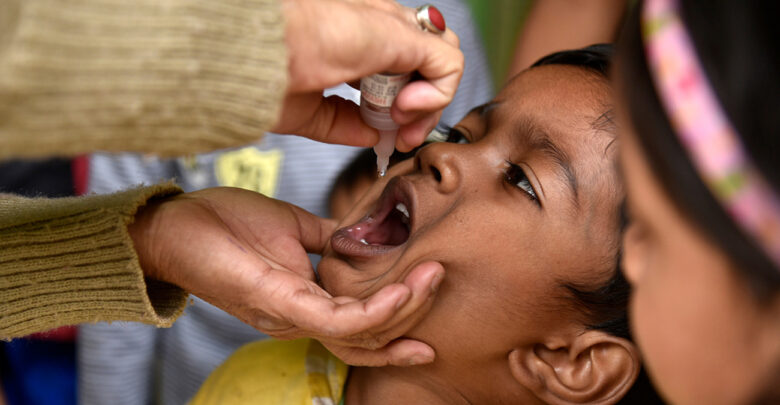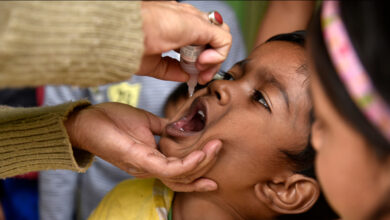Malawi
WHO: Malawi Facing Deadliest Cholera Outbreak Ever, Calls For Urgent Intervention

The World Health Organization (WHO) on Thursday said Malawi is experiencing the deadliest cholera outbreak in its history, with over 1,200 people dead and more than 37,000 others infected by the disease since March of last year, reported Reuters.
Cholera is mainly spread by contaminated food or water and can lead to acute diarrhea.
Malawi’s government declared the outbreak a public health emergency in December. The Southern African nation reported a 143-percent increase in the number of cases in January this year as compared to December. There is active transmission of cholera in 27 out of Malawi’s 29 districts.
“With a sharp increase of cases seen over the last month, fears are that the outbreak will continue to worsen without strong interventions,” WHO warned in a statement.
Malawi, a nation of nearly 20 million people, has conducted two large vaccination campaigns since the outbreak began last year. But, due to limited supplies of the vaccine doses, just one of the usually recommended two oral cholera vaccine doses have been given to the people.
Last month, a health ministry spokesman said that all the vaccine doses had been used. The global stockpile of cholera vaccines has been extremely low late last year, amid surging cholera outbreaks worldwide.
According to the WHO, confirmed cases have been reported in neighboring Mozambique, while poor water, sanitation, and hygiene pose risks to other bordering nations as well.
On Wednesday, WHO chief Tedros Adhanom Ghebreyesus told reporters that there were currently 23 countries in the world experiencing cholera outbreaks, with a further 20 countries that share land borders with them at risk.
“In total, more than one billion people around the world are directly at risk of cholera,” he warned.
The UN health agency has assessed the risk of the outbreak to be very high at the national and regional levels and appealed for an urgent need to improve access to safe water sanitation and hygiene.




